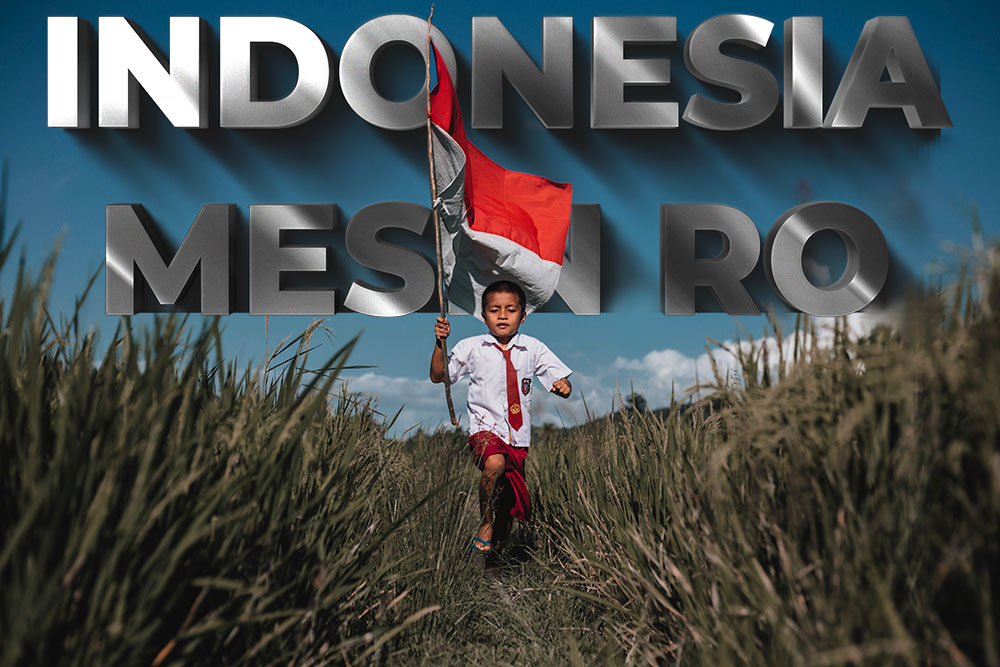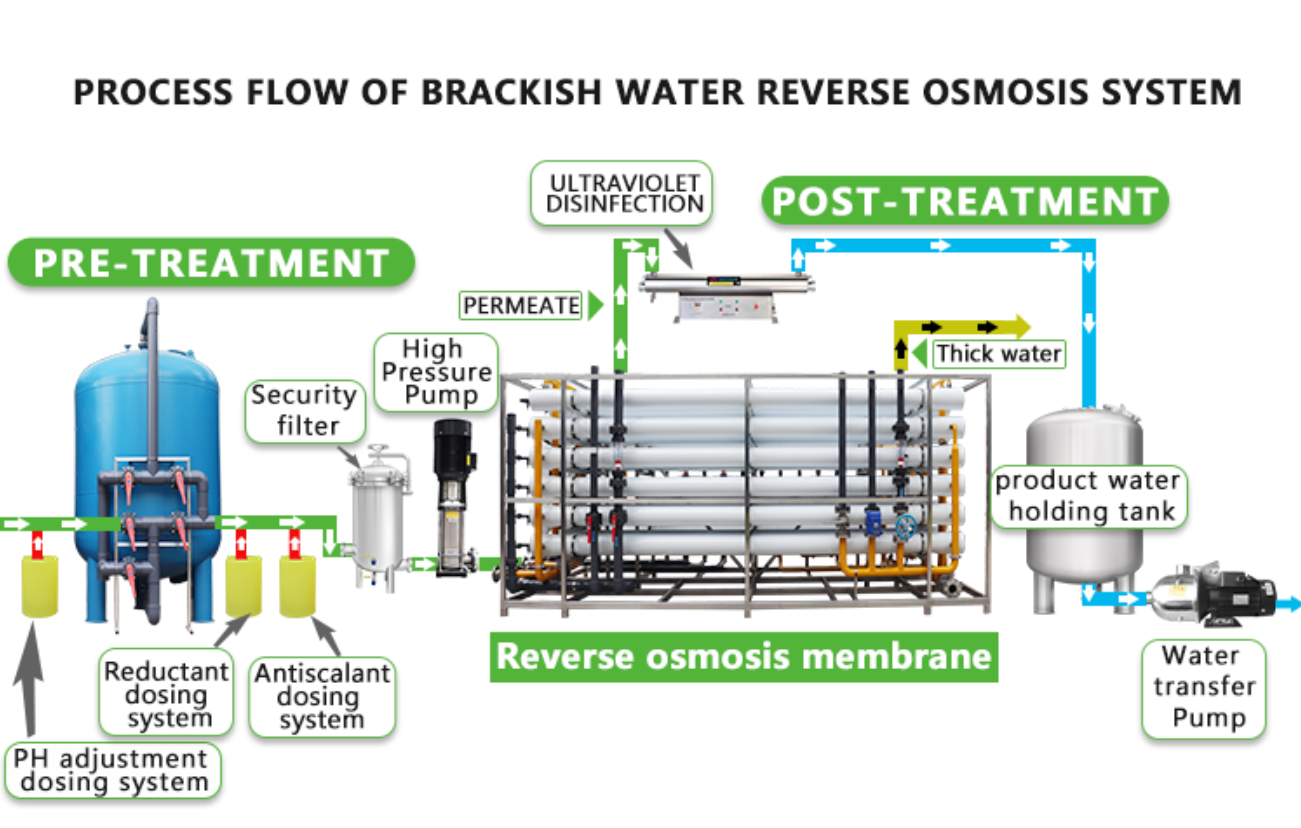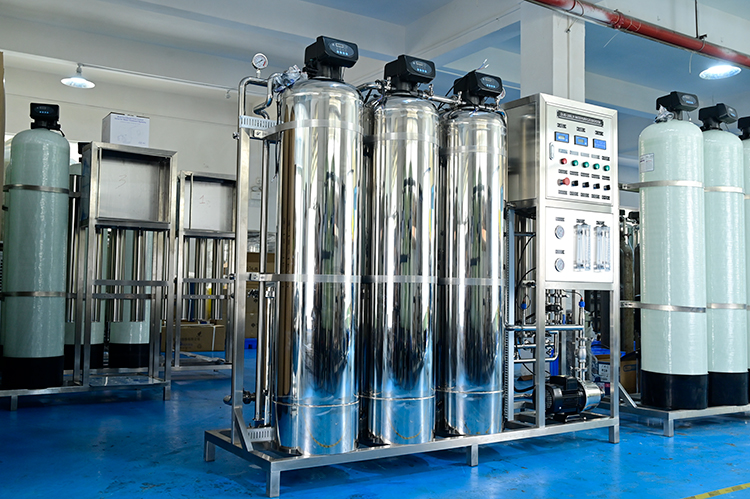- Commercial Reverse Osmosis Water Treatment Systems
- Industrial Reverse Osmosis Water Treatment Systems
- Ultrafiltration UF Water Treatment Systems
- Ion Exchange Water Treatment System
- Containerized Water Treatment Systems
- Customized Water Treatment System
- Bottle Water Filling Line
- Water Mechanical Micron Filters
- Stainless Steel Water Treatment Equipments
- Water Treatment Parts
- Water Sterilization
Water Treatment System for Indonesia

Indonesia population is about 270 million people in southeast Asia composed of 17,508 islands (of which 6,000 are inhabited) which straddle the equator between the Indian Ocean and the Pacific Ocean.
The biggest islands are Sumatra, Java, Borneo (called Kalimantan in Indonesia, which has sovereignty over about two-thirds of the island), Sulawesi, and New Guinea (eastern half). Other notable islands include Timor (eastern half), the Maluku Islands, and the Lesser Sunda Islands which include Bali.
Indonesia is the 4th biggest population nation in the world (after China, India, and the United States).
Its major environmental issues include:
Water pollution from industrial wastes, sewage;
Deforestation;
Air pollution in urban areas; and,
Smoke and haze from forest fires.

Water Sources
Total Renewable Water Resources: 2,838 cu km (1999)
Freshwater Withdrawal: Total: 82.78 cu km/yr (8% domestic, 1% industrial, 91% agricultural).
Per capita Freshwater Withdrawal:: 372 cu m/yr (2000)
Access to improved sources of drinking water: 80% of population
Access to improved sanitation facilities: 52% of population
As information, over the past two decades, Indonesia has made great progress in the water supply and sanitation sector. In 2018, 73 percent of households in Indonesia have access to improved drinking water and 69 percent to proper sanitation. This figure increased significantly from conditions in 1994, when it was only 38 percent and 28 percent, respectively. Some achievements have been driven by progress in rural areas, where access to drinking water has increased 2-3 times faster than in urban areas.

CHUNKE provides wide range of filtration and economical solutions based on the Indonesia's water resources.
Indonesia's main water resources are:
Surface water is water from river, lake or fresh water wetland, which can be treated using different methods, such as Ultrafiltration Systems, Brackish Water RO.
Desalination can be used for water from ocean, or sea source, which can be treated using Seawater Reverse Osmosis Systems; Desalination Systems.
Ground Water or brackish water is from water located in the pore space of soil and rock “Borehole well”, which can be treated using Reverse Osmosis Systems, Chemical Dosing, UV Water Sterilizers.
Government water supply, which could have high level of hardness or high level of chlorine, can be treated with Water Softener Systems, Media Water Filters.
Water Treatment in Indonesia
Reverse Osmosis machine is called as Mesin Reverse Osmosis or Mesin RO in Indonesia. Indonesia’s rapidly growing population demands an equally growing quantity of water for consumption and other uses. However, the Indonesians low access to freshwater and sanitation facilities has remained a major detriment to the country’s ability to develop. Less clean water lowers the chance of good hygiene in these communities and also increases the chances of waterborne diseases from arising. Water pollution diminishes any hope for the significant burden to be lifted from Indonesia’s poor.




